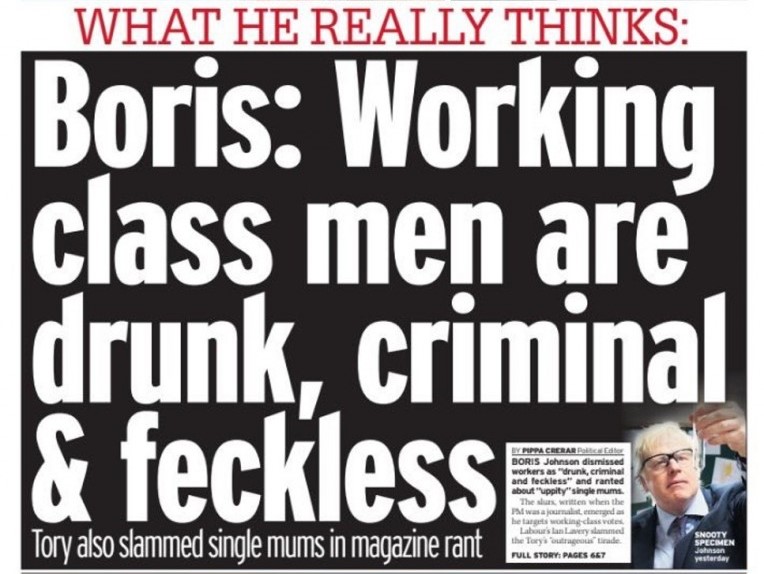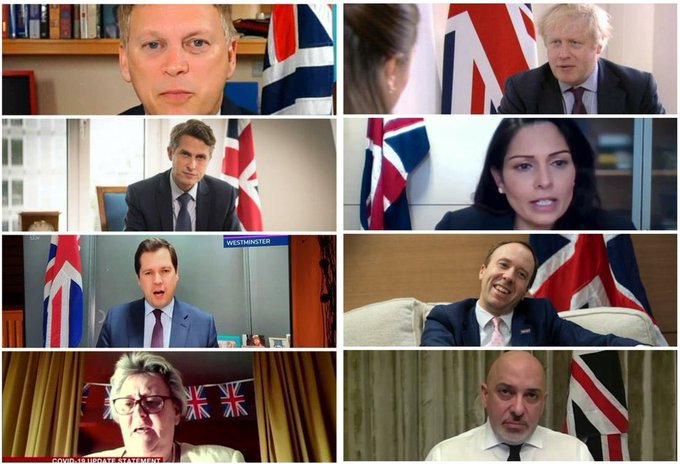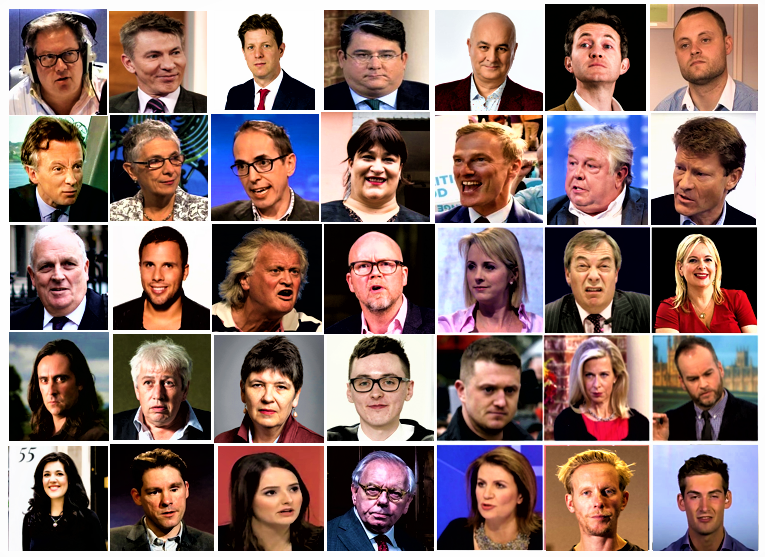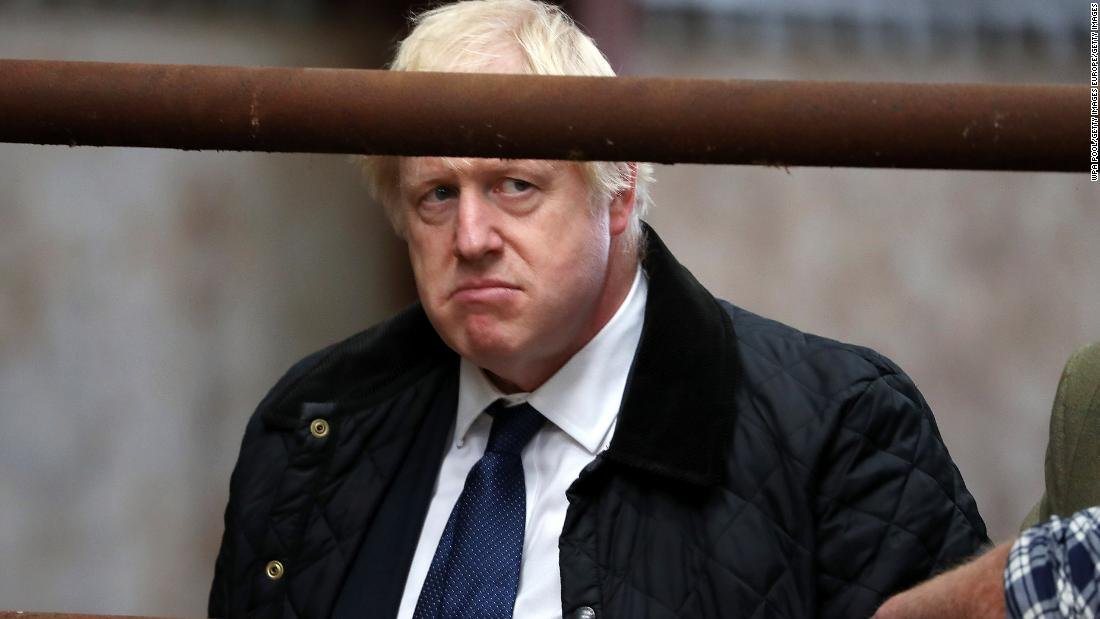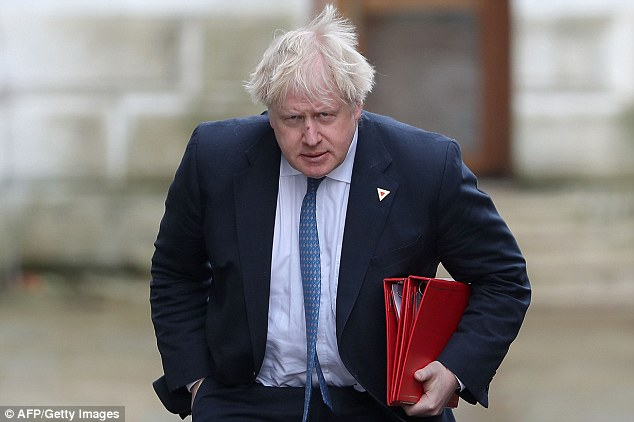
Academic hat on.
🇬🇧 #Flag THREAD 🇬🇧
We know #flags are powerful symbols of national identity, & we know they have different meanings, for different individuals, & in different countries, largely dependent upon history.
But generally, this a surprisingly under-researched area.



🇬🇧 #Flag THREAD 🇬🇧
We know #flags are powerful symbols of national identity, & we know they have different meanings, for different individuals, & in different countries, largely dependent upon history.
But generally, this a surprisingly under-researched area.

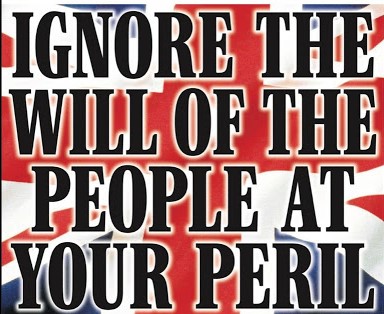
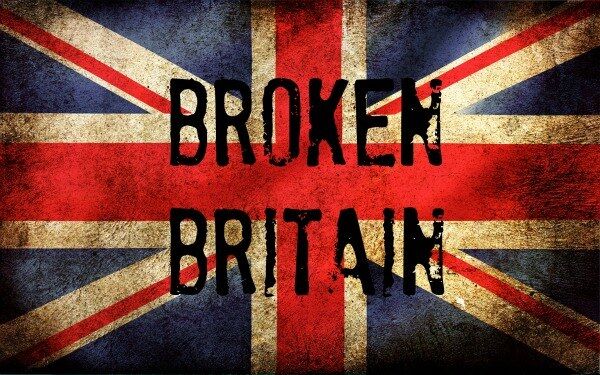

#Flags evoke a very wide range of emotions, including pride, patriotism, egalitarianism & unity. However, we also know they can evoke a sense of national superiority.
They've been widely used as #propaganda, both good & bad.
The Nazis focused on division & national superiority.
They've been widely used as #propaganda, both good & bad.
The Nazis focused on division & national superiority.
I just want to flag up (see what I did there?) some interesting research.
The first is from 2017: 'What Do National Flags Stand for? - An Exploration of Associations Across 11 Countries'
pureadmin.qub.ac.uk/ws/portalfiles…
The first is from 2017: 'What Do National Flags Stand for? - An Exploration of Associations Across 11 Countries'
pureadmin.qub.ac.uk/ws/portalfiles…
This research examined the concepts & emotions people associate with their national flag, & how these associations are related to nationalism & patriotism.
Structures of associations differed across countries in ways that reflect their idiosyncratic historical developments.
Structures of associations differed across countries in ways that reflect their idiosyncratic historical developments.
Often, positive emotions & egalitarian concepts were associated with national flags. However, perhaps unsurprisingly, notable differences between countries were found due mainly to a country's history & especially their historical politics.
In societies known for being peaceful & open-minded, egalitarianism was separable from honour-related concepts.
In countries involved in struggles for independence, & countries with an imperialist past (like ours) the flag was strongly associated with power-related concepts.
In countries involved in struggles for independence, & countries with an imperialist past (like ours) the flag was strongly associated with power-related concepts.
In countries with a negative past (eg Germany), the primary contemporary association was with sports; & in countries with disruption due to separatist or extremist movements, associations referring to aggression were not fully rejected.
In some societies (eg Singapore), obedience was linked to positive associations & strongly associated with the flag.
Surprisingly, the more strongly individuals endorsed nationalism & patriotism, the more they associated positive emotions & egalitarian concepts with their flag.
Surprisingly, the more strongly individuals endorsed nationalism & patriotism, the more they associated positive emotions & egalitarian concepts with their flag.
The next piece of research is a 2005 PhD: 'Expressions of nationhood: National symbols & ceremonies in contemporary Europe', by Elgenius, Gabriella, exploring the importance of national symbols & ceremonies in the formation of nations & national identity.
etheses.lse.ac.uk/638/
etheses.lse.ac.uk/638/
National symbols & ceremonies express deeper aspects & meanings of the nation & function as integrative &/or divisive forces, contributing to a 'secular religion' which can provide anchorage in a fast-changing world, having a strong effect on shaping beliefs about 'how we are'.
The basic point is that national identity & beliefs about a nation are continually (re)constituted in a continual process, on a continuum rediscovery & invention.
National flags are *the* main political symbols of a nation, representing 'the people' in a concise & dramatic form.
National flags are *the* main political symbols of a nation, representing 'the people' in a concise & dramatic form.
As potent national symbols, they are highly political: they can be wielded by authoritarian governments to enforce compliance & -in-group' belonging, but they can also be subverted in order to resist, insult or protest against national authority.
They CAN be extremely divisive.
They CAN be extremely divisive.

Changes in national symbolism take place when associations between the symbol & the nation are challenged or renegotiated - the union jack emerged with the formation of the union of the UK.
Ceremonial days also serve an important function too in terms of national identity.
Ceremonial days also serve an important function too in terms of national identity.
If we consider Remembrance Sunday, it takes the form of a national funeral, in which the nation takes the place of a family in mourning, & the different UK nations express a sense of unity in the mourning of & gratitude to the dead, expressing the notion of an inclusive nation.
This sense of national unity sits in opposition to older dynastic or monarchical symbols. National symbols create collective meaning in part by linking to memories & associations concerned with national security, producing for many, a source of comfort in times of loss or change.
However, national symbols also create & clarify boundaries between 'us' & 'them', signaling inclusion to members, but signaling exclusion to 'non-members'. Flags & other national symbols re-emerge to the fore during times of instability, contestation, & change - like our present.
While flags can & often do create solidarity, unity & cohesion, & provoke emotional involvement, they can also do the opposite: we know the consequences of the Nazis mobilisation of powerful symbols of national unity, used in conjunction with demonization of a range of 'others'. 





Flags aren't intrinsically good or bad, but they are powerful, & they must be used with great care.
As WWII becomes a distant memory, we're seeing a resurgence of dangerously destabilising populist nationalism across the world - partly as a response to neoliberal globalisation.
As WWII becomes a distant memory, we're seeing a resurgence of dangerously destabilising populist nationalism across the world - partly as a response to neoliberal globalisation.
Globalised neoliberal economic policies have contributed to growing inequality, mass migration, polarized societies, wage stagnation, increased insecurity, & declining quality of life for the first time since WWII.
Brexit & Trump are, in part, reactions to these changes.
Brexit & Trump are, in part, reactions to these changes.
Scholars have been analysing these changes by exploring populist nationalism, & the troubling resurgence of far-right ideology.
Some have already commented on the undeniable fact that many UK Govt policies are virtually indistinguishable from those of the 1970s National Front.

Some have already commented on the undeniable fact that many UK Govt policies are virtually indistinguishable from those of the 1970s National Front.

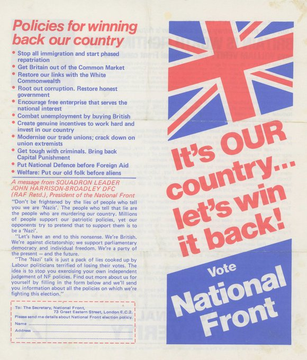
Just to point to some work worth engaging with if you're interested in this stuff:
Online Journal 'Nationalities Papers' covers multidisciplinary work on nationalism, migration, diasporas, & ethnic conflict - contains open access (free to view) content.
cambridge.org/core/journals/…
Online Journal 'Nationalities Papers' covers multidisciplinary work on nationalism, migration, diasporas, & ethnic conflict - contains open access (free to view) content.
cambridge.org/core/journals/…
Ruth Wodak is a fantastic linguist & activist, & an updated second edition of her book 'The Politics of Fear: The Shameless Normalization of Far-Right Discourse' came out last year:
uk.sagepub.com/en-gb/eur/the-…
uk.sagepub.com/en-gb/eur/the-…
Barrie Axford's 2021 book 'Populism Versus the New Globalization' explores our turbulent & globalized world via an interdisciplinary examination of populism as a factor in global change, drawing on international politics, sociology, & global studies. uk.sagepub.com/en-gb/eur/popu…
Aurelien Mondon & Aaron Winter's new book 'Reactionary Democracy: How Racism & the Populist Far Right Became Mainstream', explores the recent platforming of the populist racist right which draws attention away from systemic racism & inequalities.
versobooks.com/books/3173-rea…
versobooks.com/books/3173-rea…
#Flags are powerful symbols of national identity, which come to the fore in times of national turbulence.
At their best, they unite people with associations of egalitarianism. At worst, they provoke, divide, exclude & demonize certain groups.
#Nuance is required from all of us.
At their best, they unite people with associations of egalitarianism. At worst, they provoke, divide, exclude & demonize certain groups.
#Nuance is required from all of us.
I recently attended the 'Understanding the mainstreaming of the far right', at which Ruth Wodak,
Barrie Axford, Aaron Winter a& Aurelien Mondon all discussed their new books.
@SAGEPublishers organised it, & Laura Hood was Chair.
The event was recorded:
Barrie Axford, Aaron Winter a& Aurelien Mondon all discussed their new books.
@SAGEPublishers organised it, & Laura Hood was Chair.
The event was recorded:
• • •
Missing some Tweet in this thread? You can try to
force a refresh


